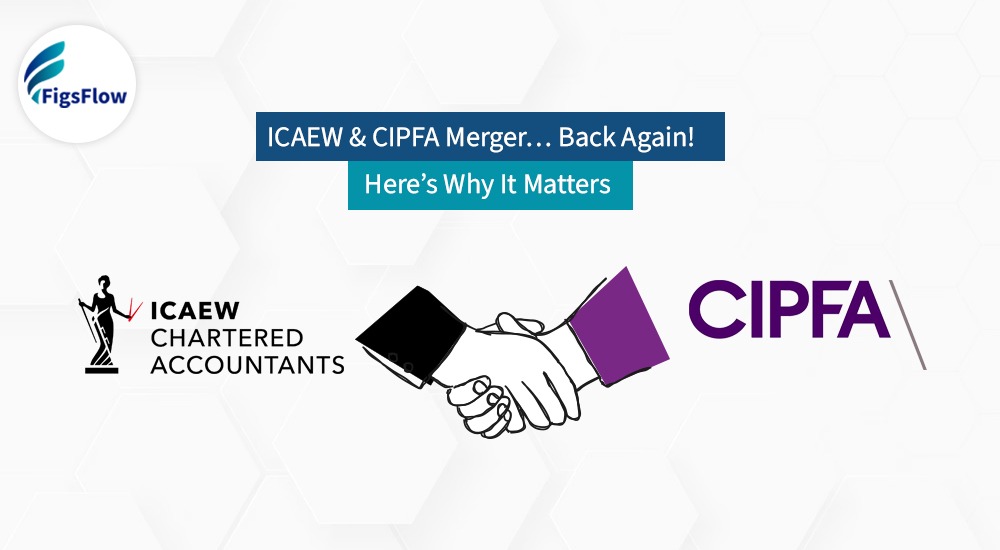Twenty years after their first attempt, the Institute of Chartered Accountants in England and Wales (ICAEW) and the Chartered Institute of Public Finance and Accountancy (CIPFA) are once again trying to forge a closer union.
In late July this year, ICAEW and CIPFA signed an agreement setting out a framework for CIPFA to join the ICAEW group. The move was described, at the time, as a “natural next step” in a partnership that has been growing for several years.
If the plan proceeds, this merger could shape the UK’s accountancy landscape and offer a stronger collective voice, enhanced member service and increased influence in public finance.
So, let’s take a look back at how this partnership will impact accountants.
Looking Back: The 2005 ICAEW-CIPFA Merger Attempt
As mentioned, this is not the first time these two organisations have tried to join forces. In 2005, both membership bodies held votes on combining. CIPFA members backed it with an overwhelming 86.6% approval, but ICAEW’s support fell short of the two-thirds majority required under its constitution.
Critics at the time warned that the merger could dilute the ICAEW qualification, do little for small accountancy practices and push membership fees higher. It would be interesting to see how these issues are handled this time around.
Renewed ICAEW-CIPFA Collaboration
After years of occasional cooperation, the pace for merging picked up again in 2021. Since then, these two institutes have:
- Introduced dual fast-track membership pathways
- Relocated CIPFA’s London-based team to ICAEW’s Moorgate Place headquarters
- Integrated CIPFA’s disciplinary process into ICAEW’s professional standards department
- Worked jointly to address the local audit backlog
These steps paved the way for the current agreement.
How the New ICAEW-CIPFA Merger Would Work
Under the agreed terms, CIPFA would retain its name, legal status, charitable objectives and board, while becoming part of the ICAEW group structure. The merger would not create a single legal entity.
CIPFA members will have the final vote, as constitutional amendments are needed on their side. ICAEW members will be consulted but not formally balloted because its constitution remains unchanged.
Support & Opposition of ICAEW-CIPFA Merger
As was the case in 2005, not everyone is happy about the prospect of a merger between the two entities. Critics argue that the merger could weaken the ICAEW brand and raise membership costs while offering little say to ICAEW members.
But there are others who see potential benefits. Those that support closer integration say it will make both entities stronger and could open the path to a broader consolidation of UK accountancy bodies, similar to Canada’s unified CPA model.
Potential Impact
Conclusion
As the profession waits to see how the merger plays out, one thing is clear: change is coming. Mergers like this, if successful, can reshape not just the governance of the profession but also the way accountants work, collaborate and deliver value to clients. In such a climate, firms need tools that keep them agile and ready for new opportunities.
That’s where FigsFlow comes in, offering integrated client onboarding, proposal, pricing and engagement management, task tracking and compliance monitoring in one platform. Whether the ICAEW-CIPFA merger ushers in closer collaboration across the profession or a wave of new standards, FigsFlow’s workflows and automation features ensure your practice stays ahead, connected and ready to thrive in the evolving UK accountancy landscape.
This analysis is based on an article published on 12 August 2025 on accountingWEB.


